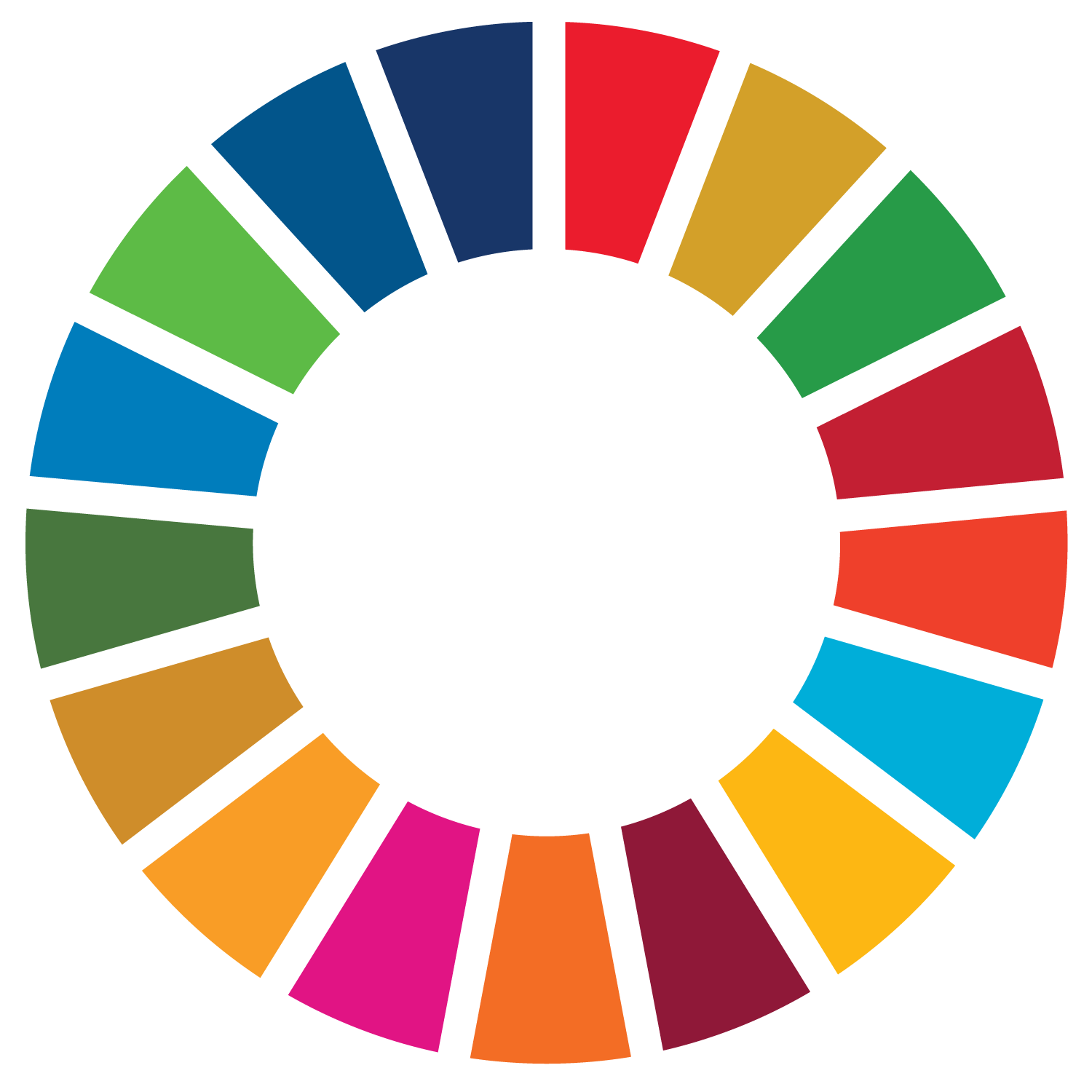World Water Day on 22 March highlighted the central role of fresh water in tackling the climate, biodiversity and pollution crises. We asked United Nations Environment Programme (UNEP) water expert, and chief manager of the UNEP-DHI Centre, Joakim Harlin to explain UNEP’s priorities for speeding up progress on the Sustainable Development Goal on water.
UNEP: What is UNEP’s mandate regarding freshwater?
Joakim Harlin (JH): In 2012, the United Nations General Assembly strengthened UNEP’s mandate and role in promoting a strong science-policy interface, providing capacity-building and access to technology to countries, and strengthening its regional presence. The aim is to better assist countries to implement their national environmental policies, including on freshwater ecosystems.
UNEP: The world is not on track to meet any of the water-related Sustainable Development Goals. How can things be turned around and why is freshwater so important in tackling the climate, nature and pollution crises?
JH: The impacts of all three of these inter-related planetary crises are directly, and in some cases disproportionately, felt on freshwater bodies, which are essential for the lives, livelihoods and health of people, economies and the planet. But water resources management, improving water quality and restoring freshwater ecosystems are also key to solving these crises.
Over the last 20 years, for example, 90 per cent of major disasters were caused by floods, droughts and other climate and water-related events. With more frequent droughts, people in water-scarce areas will increasingly depend on groundwater because of its buffer capacity and resilience to climate variability. A sound understanding of these processes and accurate data are needed to inform policy and response measures like the application of nature-based solutions for mitigating the impacts of floods and droughts.
Continue reading the full interview here
UNEP-DHI Centre supports UNEP’s freshwater mandate by applying DHI’s leading technical expertise in hydrological modelling, decision support systems, web applications and earth observation data.
For some of our latest global focus tools, visit following:
- Freshwater Ecosystems Explorer, which provides accurate, up-to-date, high-resolution geospatial data depicting the extent freshwater ecosystems change over time.
- IWRM data portal, which contains global data on the status IWRM implementation.
Visit our Tools page to explore more technical resources available.
Share this post
UNEP-DHI Centre on Water and Environment
Agern Allé 5, 2970 Denmark
Tel: +45 45169200
